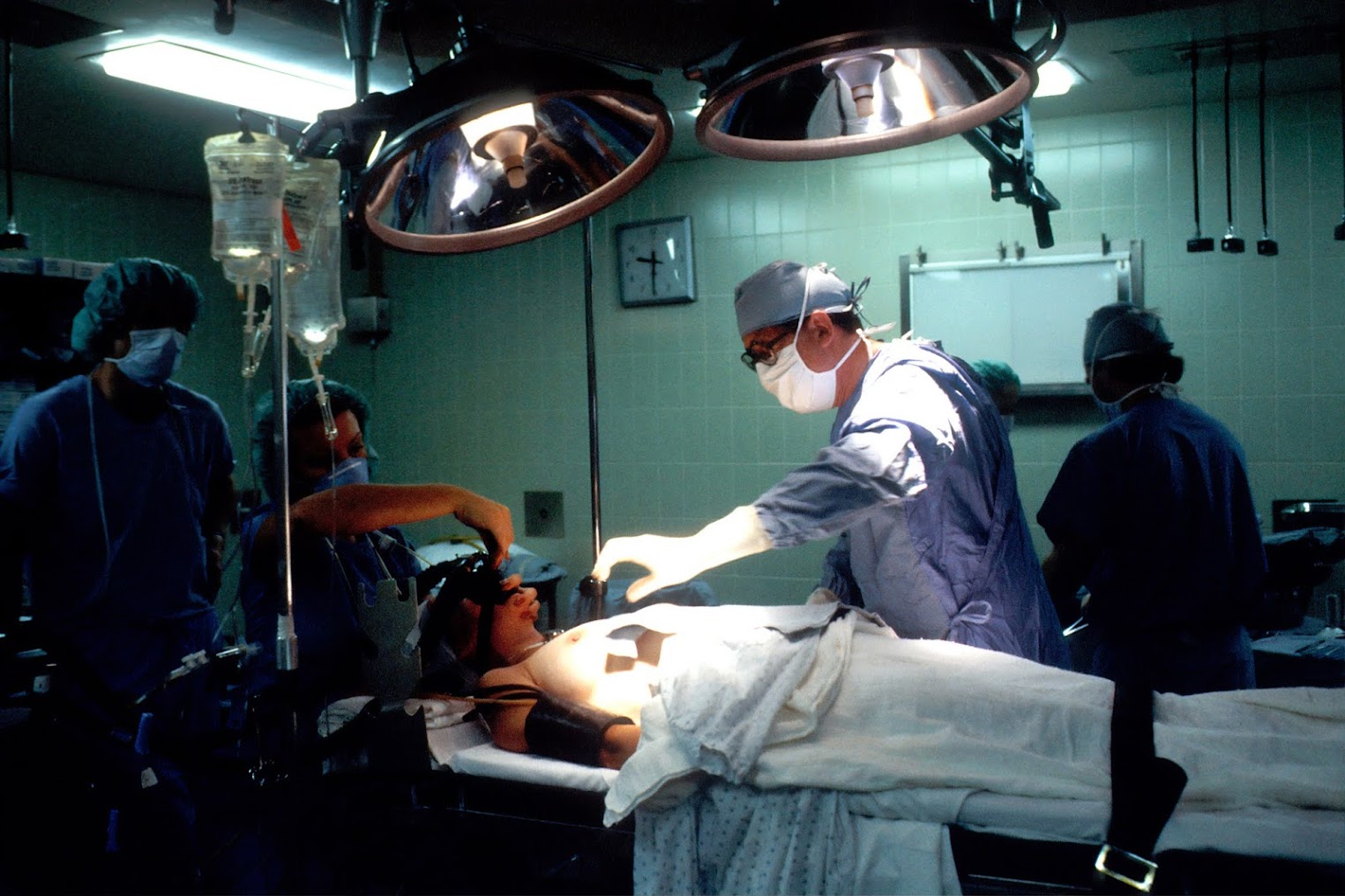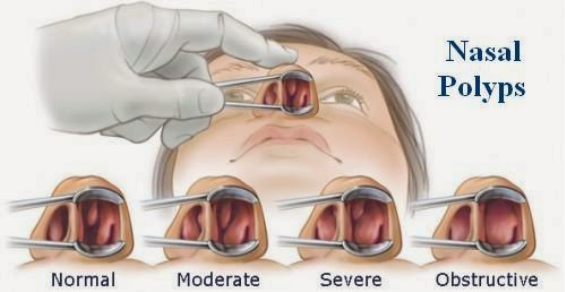Nasal Polyps Surgery Success Stories - New Study

Chronic rhinosinusitis with nasal polyps significantly affects patient quality of life. Medical and surgical treatments aim to clinically manage the condition. This prospective cross-sectional cohort study enrolled 39 patients and looked into the follow-up data of subjects diagnosed with Nasal Polyps before surgery, three months after surgery, and at least two years after surgery. The Sinonasal Outcome Test 22 (SNOT-22) was used to assess response to treatment and long-term clinical management of the disease. Results : Significant improvements in the SNOT-22 scores were seen between the preoperative and postoperative assessments with three and 24 months. No statistically significant differences were seen when patients with polyps were compared to polyp-free subjects. Few patients were controlled in both groups, and 7.89% of the subjects had revision surgery during the study.Endoscopic sinus surgery significantly improved the q...



